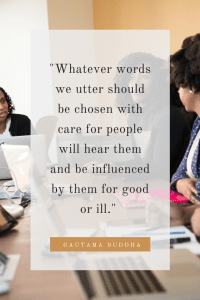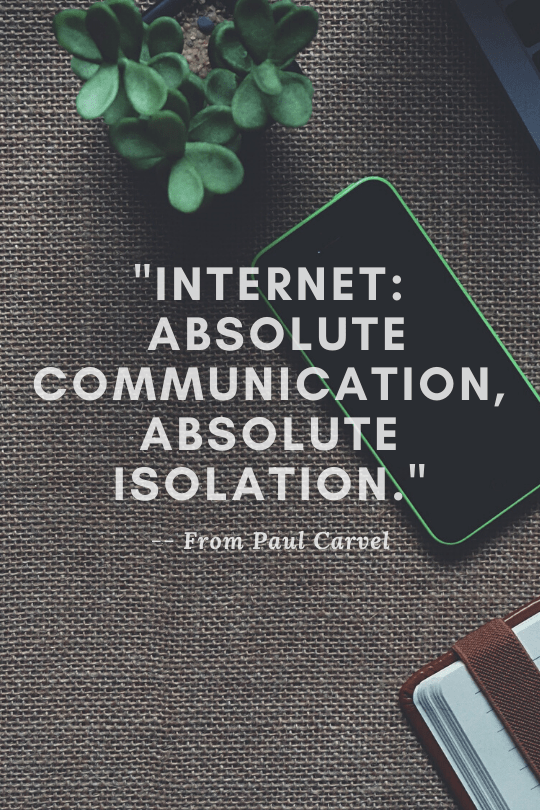By Communication Consultant Lili Tang (Accounting and BIS, ’22)
 “Good communication is the bridge between confusion and clarity.” ~ Nat Turner
“Good communication is the bridge between confusion and clarity.” ~ Nat Turner
When I started attending high school as an international student in the U.S., I had a difficult time speaking and listening at school. My days seemed unbearable. My waking nightmares always began from the first morning class, as I tried to take notes while understanding the contents. I could not communicate with others well enough for them to understand me fully, just as I could not understand what they tried to communicate with me. I knew I needed to do the hard work of improving my ability to engage in conversations if I was going to thrive.
Realizing my goal was not an easy task to be done in a few weeks, I started to join more clubs and tried my best to talk with more people. It was difficult at first, and I sometimes felt embarrassed by my mistakes. But people gave me encouragement and feedback. Over time I gained confidence and courage, and eventually I was able to express myself freely in my second language.
From confusion to clarity–communication does have the magic to make it happen. Persistent quality communication is a significant bridge that connects the whole interaction process and forges relationships. It is worth the effort to find your confidence when communicating. Plan to keep practicing and reflect on your past experiences in order to improve. During this process, you might feel awkward, uncomfortable, and stressed out. But do not be afraid of embarrassments and mistakes–these will help you become a stronger communicator down the road.
And every time you have an enjoyable conversation with other people, allow yourself to feel pleased and congratulate yourself. You’ll soon find that you have gained confidence in your communication.
The art of conversation is essential for professional success. You can practice developing your own conversational voice during a consultation with one of our peer tutors in the Rauch Center for Business Communication. Make an appointment today!
Get information and resources about our center at The Philip Rauch Center for Business Communication.



